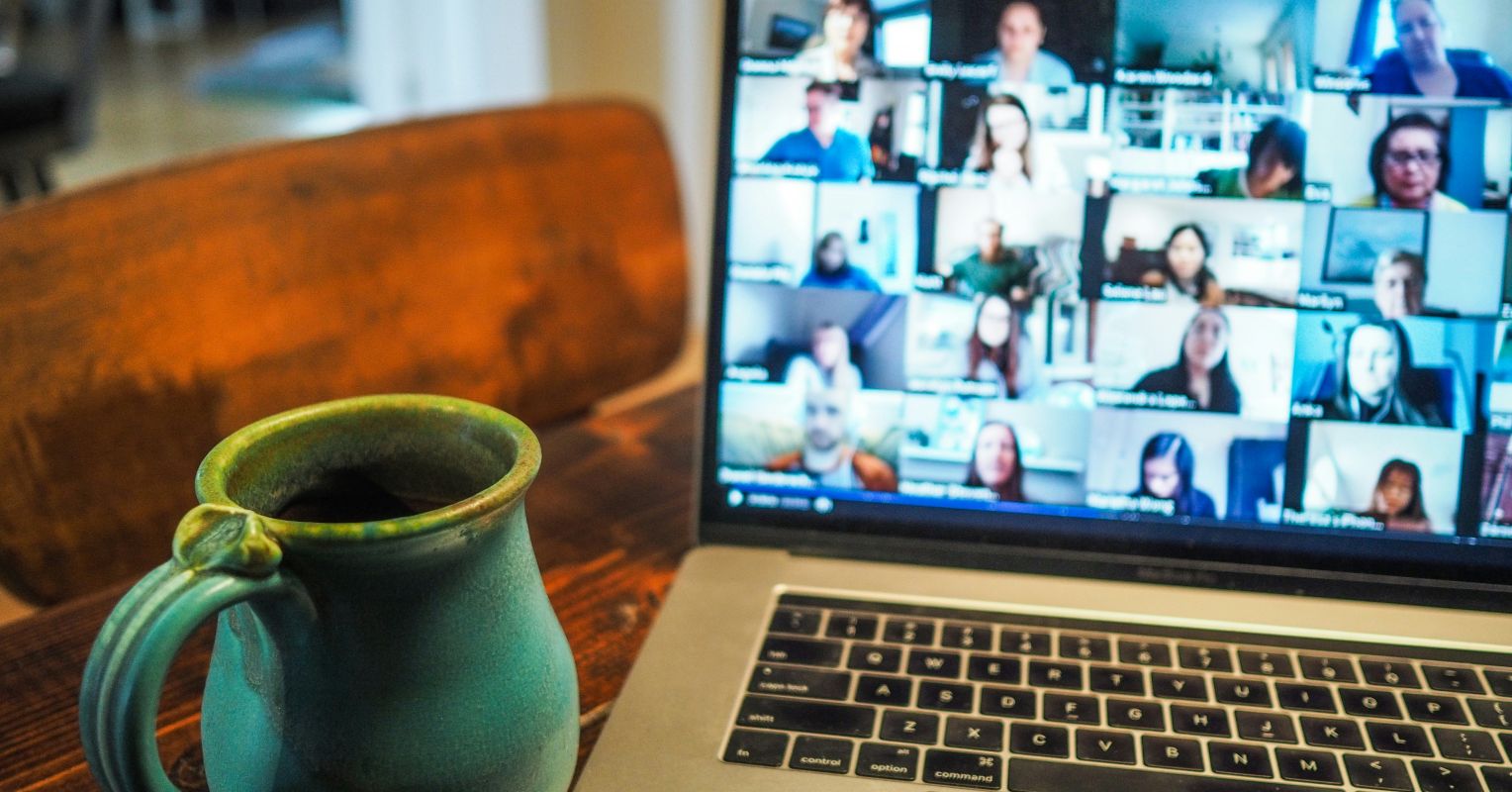fromLondon Business News | Londonlovesbusiness.com
12 hours agoOrnella Mkrtchyan on how opportunity flows beyond geography - London Business News | Londonlovesbusiness.com
The scale of this shift is striking. According to the World Economic Forum , approximately 78 million new job opportunities will emerge by 2030 due to technological change, but urgent upskilling is needed to ensure workforces are ready. Meanwhile, Reuters reports that over three billion people globally are still offline, highlighting the persistent gaps in access to digital tools and knowledge. In the UK alone, 7.9 million adults lack basic digital skills, while 21 million struggle with essential digital tasks required at work.















